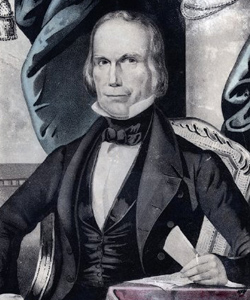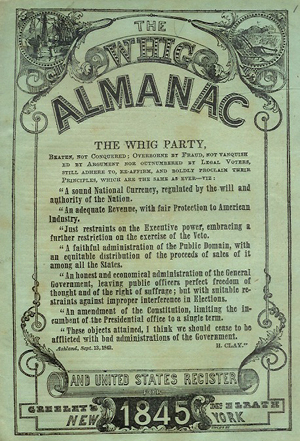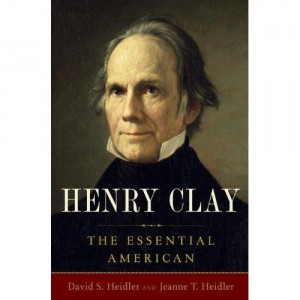Josiah Dunham (1769-1844) came to Kentucky from Vermont, where he had enjoyed a distinguished career as a Federalist newspaper publisher, Secretary of State, and colonel in the Vermont militia during the War of 1812. In Lexington, he founded the Lexington Female Academy, soon renamed the Lafayette Female Academy in honor of the great Frenchman’s visit during his tour of the United States in 1825.
Left behind in Vermont were Dunham’s sister-in-law Eleutheria (“Thery”) and her husband Daniel Chipman, an equally prominent lawyer, teacher and Federalist member of Congress. In a lengthy letter, written on Christmas Day 1842 and now part of the Manuscripts & Folklife Archives of WKU’s Department of Library Special Collections, Dunham brought the Chipmans up to date on his domestic life and preoccupations.
Despite his accomplishments, Dunham recognized who ruled the roost at home. His letter, in fact, was written at his wife Susan’s bidding: “she is still ‘the Captain’ at our house,” he observed with affection, and “I have nothing to do but obey orders.” Now in their seventies, Dunham and his wife were “getting too rapidly on in the down hill of life,” but Susan’s energy far exceeded his as she ably commanded a household of 15 or 20, including servants and a loyal teacher (“adjutant”) from their academy days. Servants, however, cost “a heap,” as the family made use of enslaved Africans hired out by their owners: a man and four women, Dunham reported, were priced at $340 a year plus food, clothing, medical bills, and city and state tax levies.
Noting his brother-in-law’s reentry into Vermont politics via the latest state constitutional convention, Dunham also commented on the great Kentucky statesman, Henry Clay. On his way south, apparently to attend the wedding of his daughter Anne’s widower James Erwin, Clay had been greeted everywhere with bipartisan admiration for “his talents and his virtues.” But would Clay, soon to make his third try for the presidency, be able to translate that enthusiasm into votes? That, Dunham (rightly) concluded, “will probably be another affair.”
A finding aid for Josiah Dunham’s letter is available here. For more of our political collections, search TopScholar and KenCat.







